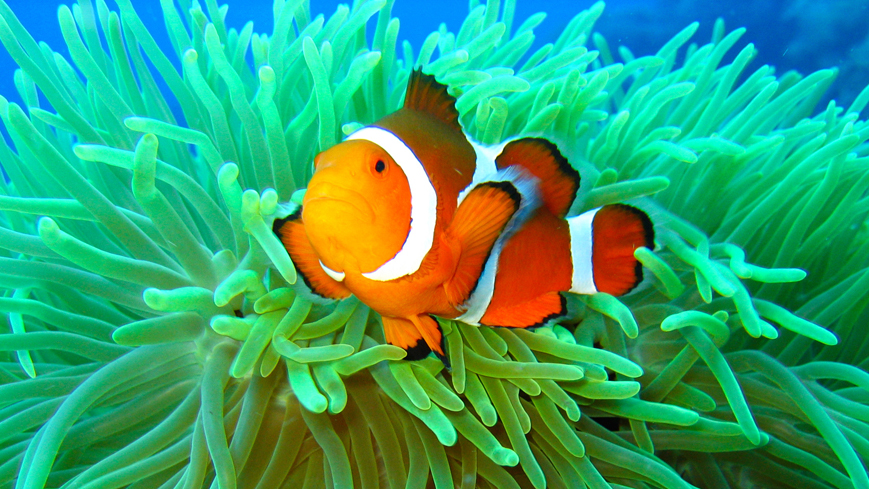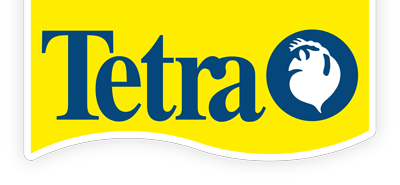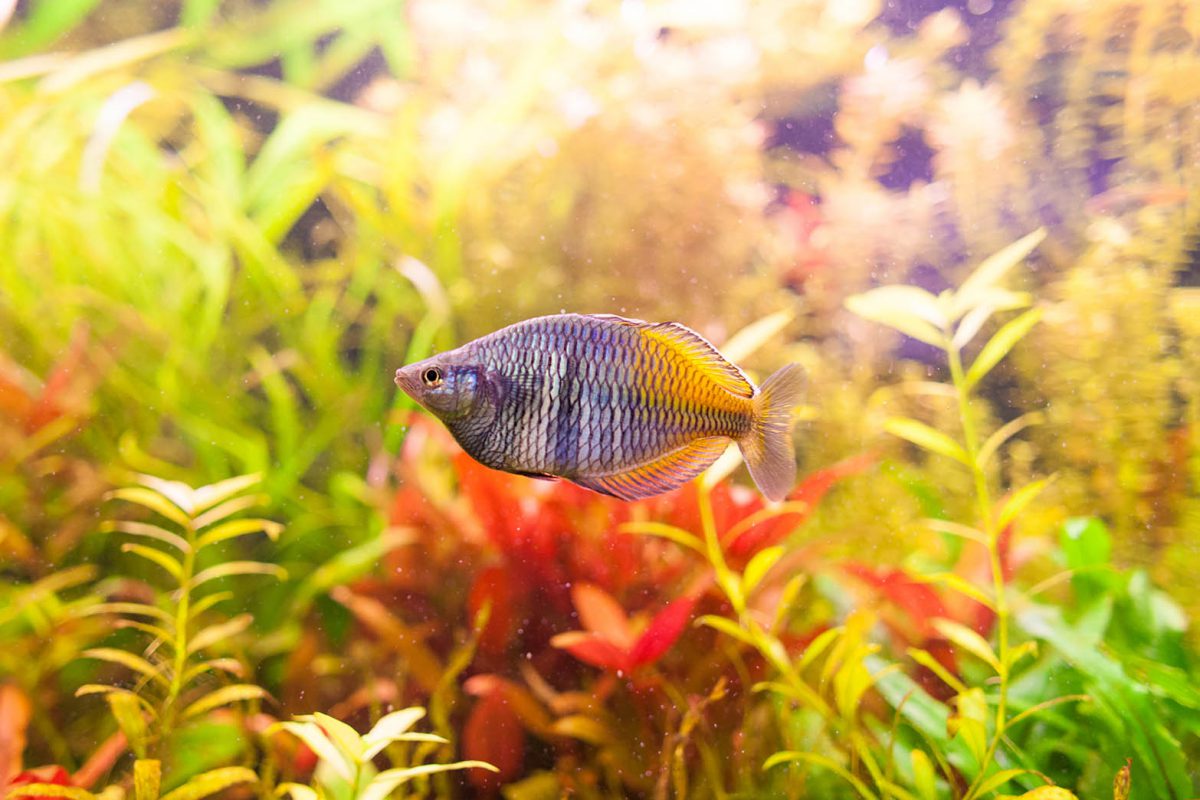As fishkeepers in the UK we have a legal and ethical responsibility for our fish. The legislation that we must be aware of primarily is the Animal Welfare Act of 2006, which states that we must ensure that our fishes have a freedom from hunger, discomfort, pain and injury or disease, fear and distress, and the ability to express normal behaviours. Clearly there are issues with the application of this statute to ornamental fishes, but most right-minded fishkeepers would have a gut-feeling for fish welfare and the above 5 freedoms could simply be extrapolated to ornamental fish.
So if fish welfare is a prime concern in our own fishkeeping practice, is this the case back up the supply chain? Are the retailers, wholesalers, breeders etc. similarly motivated? What about other ethical concerns, is there an impact on the native environment of tropical plants, inverts and fishes? Are we harming or enhancing local communities. An enlightened fishkeeper can do their best for their own practice but may also desire ethically sourced livestock from responsible suppliers. What should they look out for?
The starting point here would be the trade association for the ornamental fish industry in the UK – the Ornamental Aquatic Trade Association (OATA). There is a global trade body also, Ornamental Fish International or OFI) and many other countries have their own national associations. In the UK roughly half of the industry of retailers, wholesalers, manufacturers etc are members of OATA. Generally those that are members are proud to announce the fact as membership requires adherence to codes of practice regarding fish welfare and responsible sourcing. Also, staff of OATA members are quite likely to be trained in fish biology, fish health and diseases and water chemistry.
Buying fish from a retailer with an OATA membership is a great step towards responsible sourcing, but ask questions of your retailer – are their suppliers OATA members?
Around 90% of the fishes sold for tropical freshwater aquaria are captive-bred, it is really a specialist minority such as certain Lake Malawi or Tangayikan cichlids that are sometimes wild-caught for a breeders or advanced hobbyists. Occasionally other wild-caught odd-ball fishes may turn up, but for the typical home aquarium keeper their ‘bread and butter’ tropical freshwater fishes will be raised by breeders in the Far East and more recently in some eastern European countries. OATA believe that all UK cold-water fishes, (goldfish, Orfe, Rudd, Koi etc) are sourced from the Far East, Israel and the USA, and that UK-based production of these fish contributes very little.

The marine end of the hobby sees a very different situation; the vast majority of the 2500 marine species that are traded for keeping in aquaria are wild caught. Some marine fishes such as clownfish (Amphiprion sp.) are captive bred and historically some seahorses and ornamental marine shrimp have all been captive bred for a global trade. However due to the demand of marine fish being so low and their difficulty of culture, captive breeding is simply not economically viable in most cases.
Hence these fishes must be taken from the reef. When fished using non-destructive methods, from sustainably managed fisheries the trade in marine fishes can enhance a reef and give employment to communities. Ornamental fishes are a very high value, low volume commodity. Ethical and scientific management of the supply chain is vital and is being pursued and lobbied for by organisations such as OATA and OFI. If the trade in ornamental fish is lost other more damaging methods of reef exploitation may be sought by communities deprived of this precious and lucrative income. Intolerance of the use of destructive methods of fish capture such as cyanide or dynamite fishing should feedback to fishers who can be educated in sustainable, non-destructive methods of fishing.
Ethical trading with developing communities is not restricted to marine fishes however. In Amazonas, Brazil, as part of Project Piaba, local fishers (who are often women and children), catch quotas of Cardinal Tetra and other local ichtyofauna ] under the guidance of fisheries ecologists for the global trade. This fair trade with local communities also protects the rainforests as these communities no longer rely on slash-and-burn agriculture. Project Piaba’s motto is ‘buy a fish: save a tree’. Similar projects are underway in India and on the shores of Lake Malawi.
The conscientious, ethical and responsible fish keeper should simply question their supplier. Are these fish wild caught or captive bred, where have they come from, if wild caught, how where they caught.

